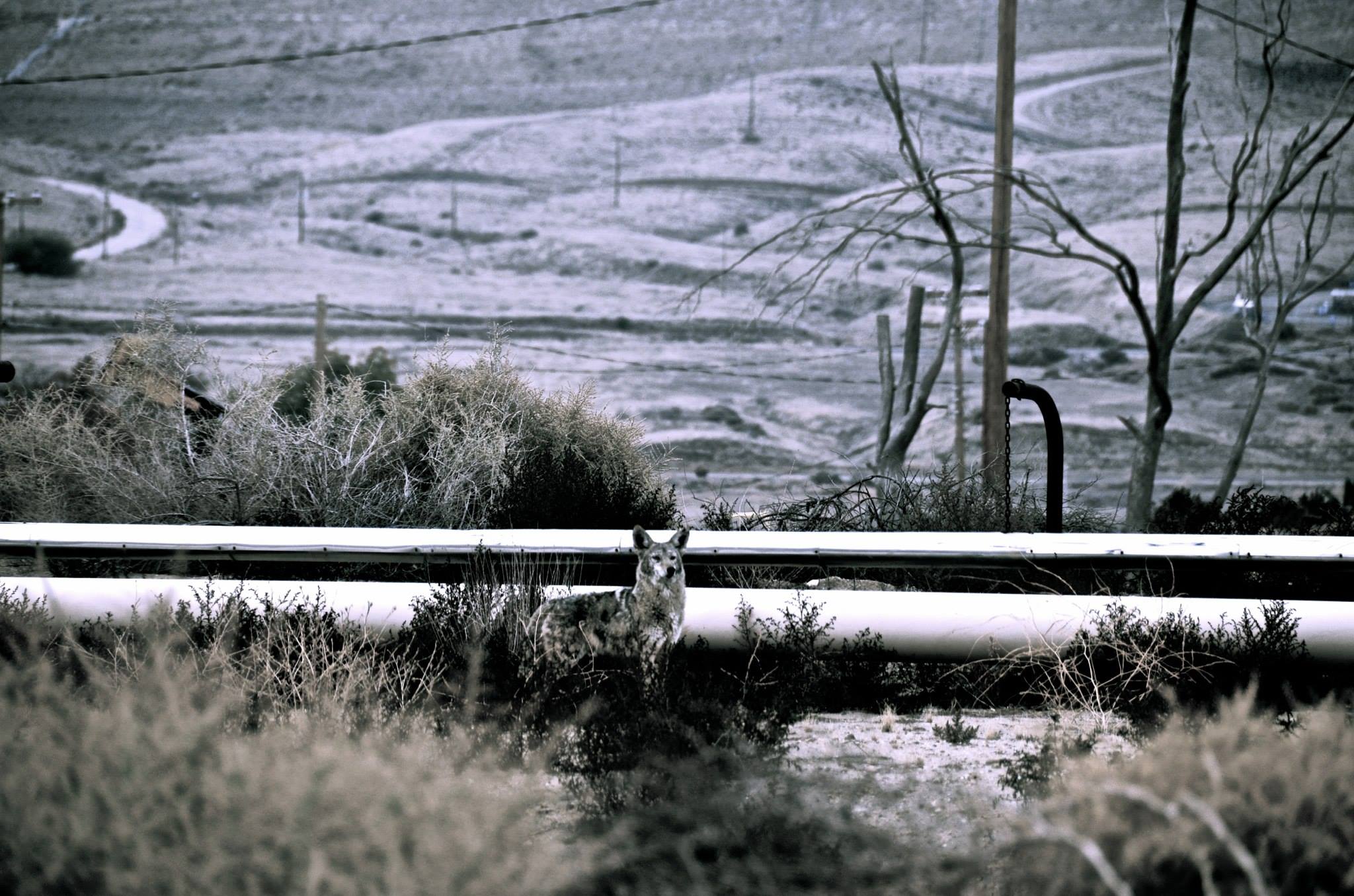By Glenda Pavon-Suriel
Photo by Jerry D. Mathes II
In the September, 2015 Foreign Affairs article “Europe’s Low Energy: The Promise and Perils of the Energy Union”, Petr Polak argues that the primary aim of the European Commission’s Energy Union is to ensure European gas supplies while avoiding supplies by the Russian gas exporter Gazprom. According to Polak, if European nations worked together to create a unified energy union, it “would force Russia to play nicer”. Polak also states that in 2014, the European Commission suggested an Energy Union as a way to negotiate better gas terms with Russia and ultimately limit European gas imports from Russia. This was due to the EC finding that Gazprom “had abused its position as the sole supplier in [various countries]”. At that time, according to Polak, countries such as Germany, Gazprom’s largest customer, and Hungary opposed the idea of the Union because those two countries had been able to negotiate good terms with Gazprom. These concerns delayed the Energy Union for a year, until finally in early 2015 energy security was determined to be the highest priority. Polak goes on to state that there is “reason for scepticism” for his next point, which is that energy security in Europe would increase and Russia’s dominance would decline in the months following his article.
I think, some of these statements are problematic; there are also significant issues with the alternatives Polak suggests for how Europe would diversify its energy imports in the short and medium term. The primary concern for the European Energy Union, which is a policy area for the European Commission, is secure, affordable, and climate friendly energy. None of those are different or exclusive, when dealing with Russian gas, compared to any other source of gas.
The article thus provides an opportunity to clarify some common misunderstandings of the European energy strategy, which has frequently fueled concerns over Russia’s ability to use it market dominance and its apparently detrimental foreign political intentions to the EU. This is for one a critical review of the Foreign Affairs article, but also a general critique towards the concept of the Energy Union and its political load.
Politics Versus Business
There must be a clear divide between Gazprom’s role as a political tool for the Kremlin’s political objectives and the ability of Gazprom to exploit its market power as a monopoly, which is based on pure economic incentives.
Market Organization
The EU has put in place with the legislation of the Third Energy Package, an appropriate concept to counter any monopolistic position, Gazprom by default. A larger, more diversified energy market would increase competition amongst suppliers and thereby ensure more supply alternatives for the consumers, arguably lower prices and increase the security of supply. The Third Energy Package sets the rules for Gazprom’s future appearance on the European gas market, but the purpose is not to exclude Russian gas from Europe, instead it is designed to encourage cost efficiency – thus, Russia, being one of the lower cost suppliers to the market and having supply infrastructure in place, could actually benefit from these new regulations. The concept proposed in the article is in some ways contradictory to the strategy of liberalization as well as the strategy of efficiency, as it aims to exclude Russia as a supplier and encourages diversification of supply away from Russia.
For example, Polak suggests LNG imports from countries like Iran and modifications to the European pipeline system as alternatives and ways to diversify European gas supply. LNG is typically more expensive than pipeline gas for various reasons. LNG needs to be liquified at the source and then regasified at the destination, facilities to do so as well as to store and transport LNG are incredibly expensive. With a temperature of -162 degrees Celsius and under high pressure, LNG can only be transported and stored in special cryogenic tankers and facilities. All of these factors contribute to the fact that LNG is economical only in the high price market environment. Further, when considering the long-term investments for LNG, continued low prices will likely discourage significant investments because at current prices, capital costs would not be recoverable. However, perhaps most importantly, with Russia’s proximity to Gazprom customers it is unlikely that LNG imports, particularly from a distance like that of Iran, could beat Russian pipeline gas in terms of supply costs. Polak also does not consider the length of time and amount of investment needed to see a pipeline project to completion. His suggestions to reevaluate the Trans Adriatic and Nabucco pipelines are unreasonable, especially considering one of his earlier statements that Europe would be able to diversify its gas away from Russia in the “months ahead”.
EC’s Direct Influence on Contracts
One of Polak’s main arguments is that Energy Union would allow the European Commission to directly influence Gazprom’s contracts. In a statement Polak urges that Germany supports a decentralized market system, but if the European Commission influences, directly or indirectly, supply contracts with Gazprom, this is the very opposite of such a decentralized system but an increase in governmental regulation and centralization. He does go on to imply that the EC would influence supply contracts through increased transparency and subjecting them to EC approval, but this is not direct influence, as he states and the EC cannot demand contractual changes “by requesting shorter term contracts.”
The contracts between Gazprom and the receiving country were agreed upon by both parties. Moreover, the length of such gas contracts not only varies, but has historical, economic, as well as political reasons for their terms. The European energy strategy does thus not touch upon a major issue of the European gas market to come in the future, which is the change in the current gas pricing system and the subsequent risk of investment of future supply. While a liberalized market guarantees fair prices for consumers, suppliers face the risk of unsecure future supply and thus cash flow for exploration projects for new fields. Keeping in mind that Russian gas is the most viable source in economic terms, there is an economic rationale why Gazprom tries to increase its interconnection with Europe’s largest gas consumers. For example, the South Stream pipeline (cancelled in 2014) would connect Russian gas with Italy and the rest of Southern Europe, and the proposed Nord Stream pipeline extension would connect Russian gas with Germany and Western Europe.
Polak’s lack of technical accuracy aside, the tone of the article is incredibly angled and biased; his concluding sentences are that “Russia is facing multiple threats. Now is the time to band together to exploit its weaknesses for the sake of Europe’s collective long term benefit”. Why is there a need for European countries to exploit the weaknesses of a “hurting” country and corporation that they receive reliable energy from? Russia has supplied gas to Europe without interruption since the 1970s. The majority of EU gas imports are via pipeline gas, and as Europe’s largest provider- the relationship between Russia’s Gazprom and EU countries can be seen as nothing short of symbiotic.

